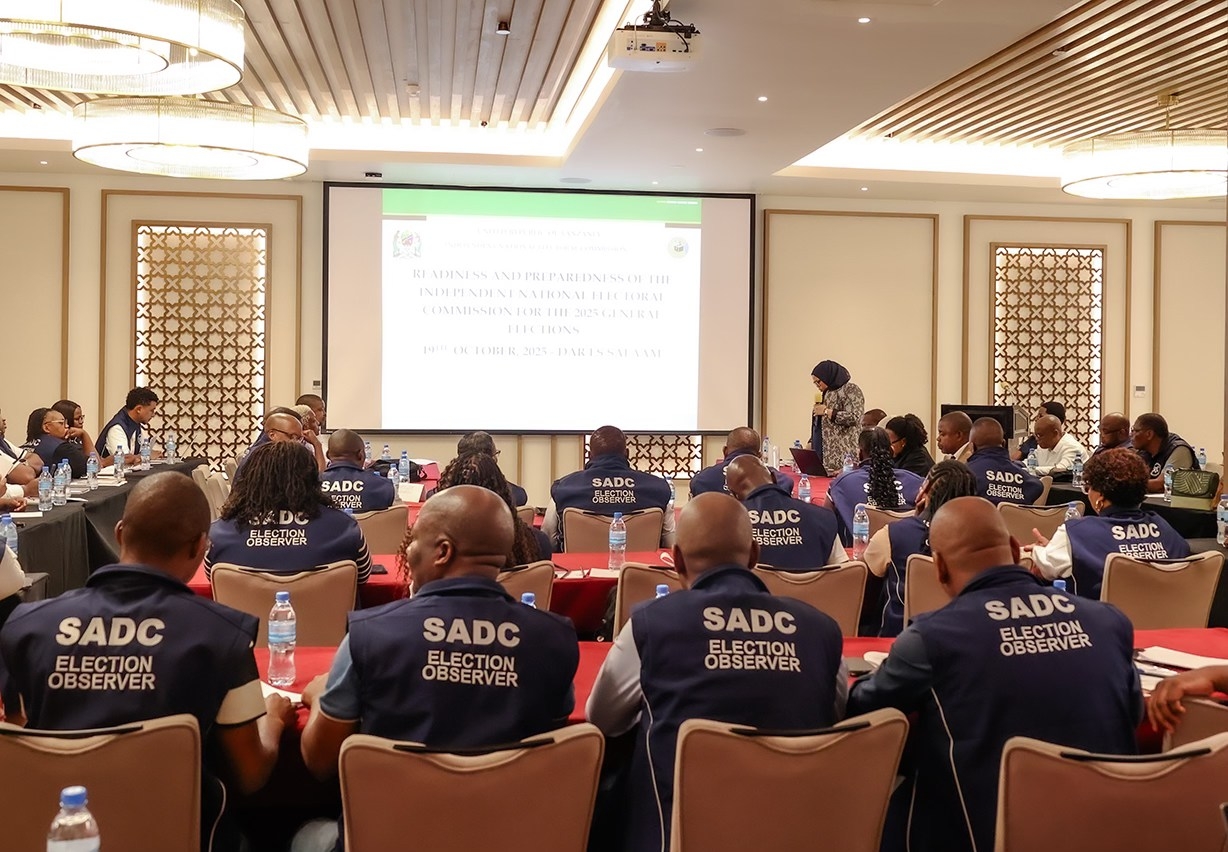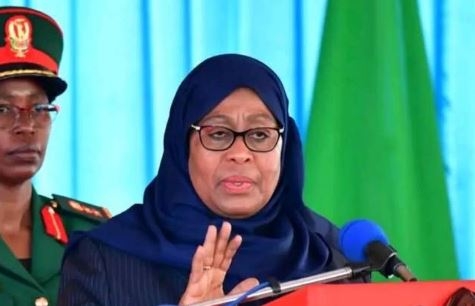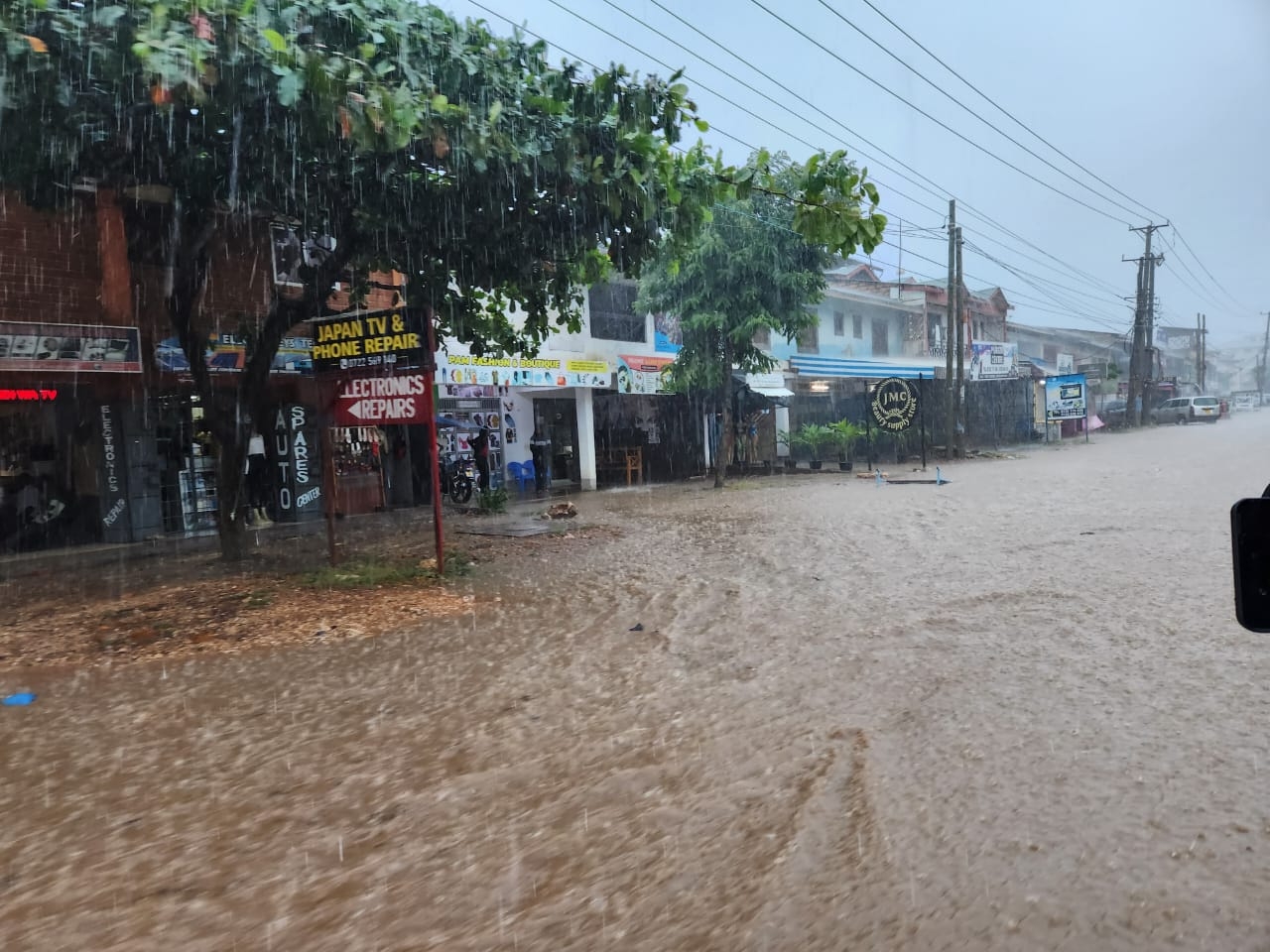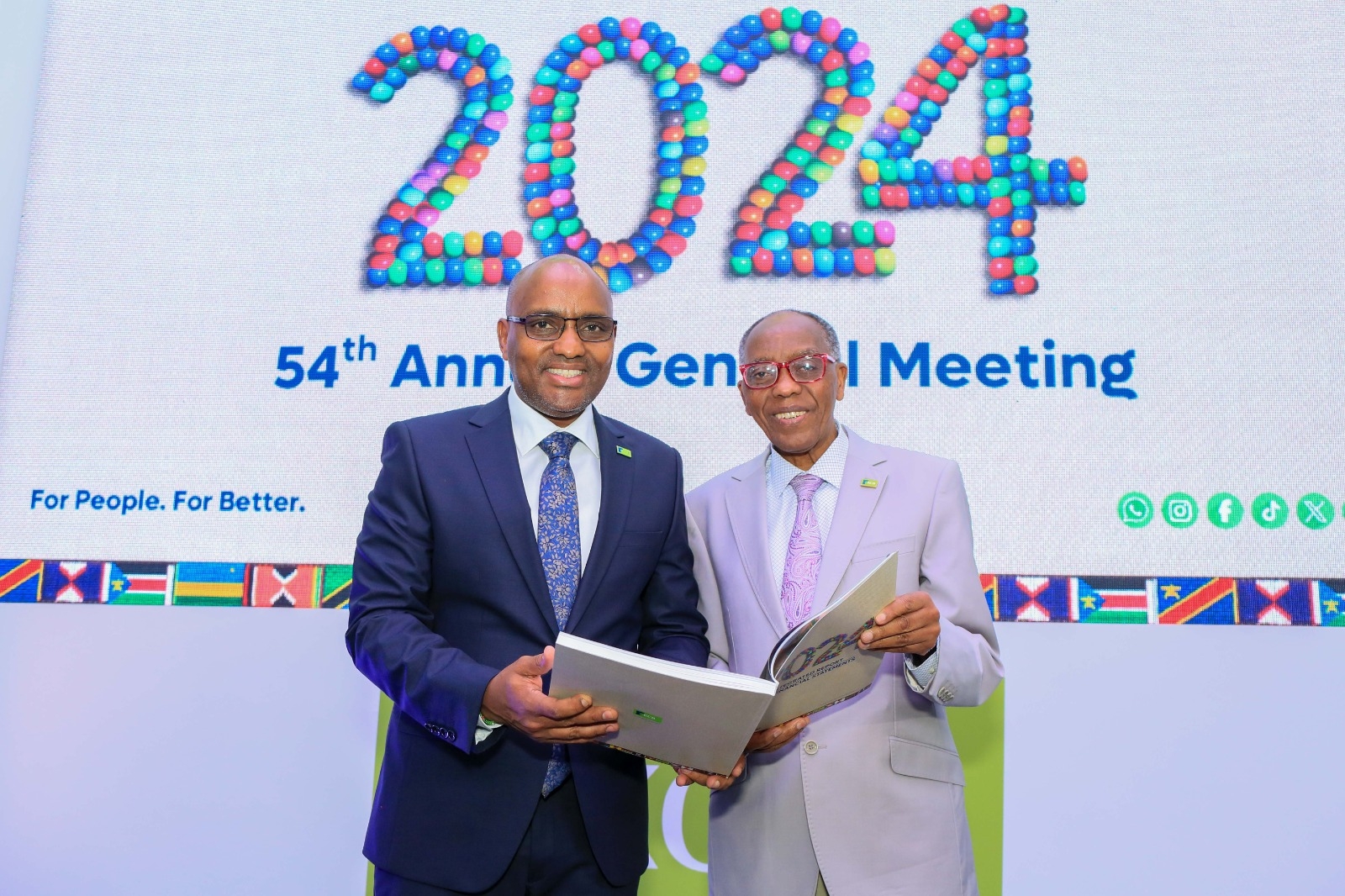Experts have praised the package of benefits Kenyans will access through the Social Health Authority, which will roll out next month.
However, they called for improvements to the benefits package published by the Ministry of Health.
Public health specialists and health economists, for instance, questioned the wisdom of allocating Sh935 per household in one year to buy eyeglasses.
John Kiragu, a public health specialist and also a member of the Health Economics Association of Kenya, said funding should be reviewed.
“Increase eye care funding prioritisation by enhancing reimbursement rates in the benefits package to be between Sh5,000 to Sh8,000 based on current market prices for spectacles and their accessories to alleviate suffering among the young and poor people with uncorrected refractive errors (URE),” Kiragu said.
A refractive error is a common eye disorder that occurs when the eye cannot clearly focus on images. The affected person only sees blurred images.
The MoH attributes 60 per cent of all eye impairment issues in Kenya to URE. Eyeglasses are the simplest and safest way to correct refractive errors.
The health economists said the loss of annual economic productivity (annual GDP loss) due to URE in Kenya is up to Sh134 billion for the population group aged between 16–60 years.
Optical services only cover people below 18 years, according to the package. HEAK called for the removal of the age limit where adults are not covered.
“The burden of uncorrected refractive errors and other causes of eye sight impairment extends from early, and late childhood and adolescence into adulthood and old age with significant annual costs, reduced quality of life and economic productivity losses,” the association said.
They praised SHA’s coverage of emergency services, but questioned why it only covers members.
They said this is against Article 43 of the Constitution, which stipulates that no Kenyan should be denied emergency care for whatever reason.
“Rephrase access rule as follows; All Kenyans in need of accidents and emergency services will be guaranteed of emergency care access at any facility of Kenya,” Kiragu said.
The benefits package also states that all radiology services need to be pre-authorised, which experts projected could lead to long delays and loss of life during disasters.
“Exclude pre-authorisation of radiology and laboratory services for patients in need of emergency care.”
They proposed an explicit radiology and laboratory package and equivalent tariffs based on costing study for patients with trauma and other emergent or urgent need for diagnostic X-rays, CT scans, FAST Ultrasound and ECG.
The MoH has been collecting views from Kenyans on the benefits package this week.
SHA will replace the NHIF, with the promise to provide comprehensive healthcare coverage for all Kenyan residents.
Every Kenyan household will pay 2.75 per cent of its income to the fund every month, beginning next month.
The ministry will lead the mass registration of members beginning July.
According to the ministry, NHIF services continue to be active before the new health scheme is fully rolled out.
Public Health PS Mary Muthoni called for patience as the government works on the new health plan.
"Some Kenyans have for long suffered with NHIF and that is why President William Ruto passed this scheme to help the ordinary Kenyan without a job or with a limited income access better healthcare, "the PS said.
Muthoni said the Social Health Insurance scheme will be more beneficial.
"The public will be able to access health facilities without discrimination and the fund will also cater for all Kenyans down to the bottom of the pyramid," she noted.
The transition from NHIF to the new social health scheme came into effect after the President signed three crucial health Bills in October last year.
In early March, Ruto said Kenyans already enrolled in NHIF will register afresh to access benefits under the new universal healthcare programme.






















